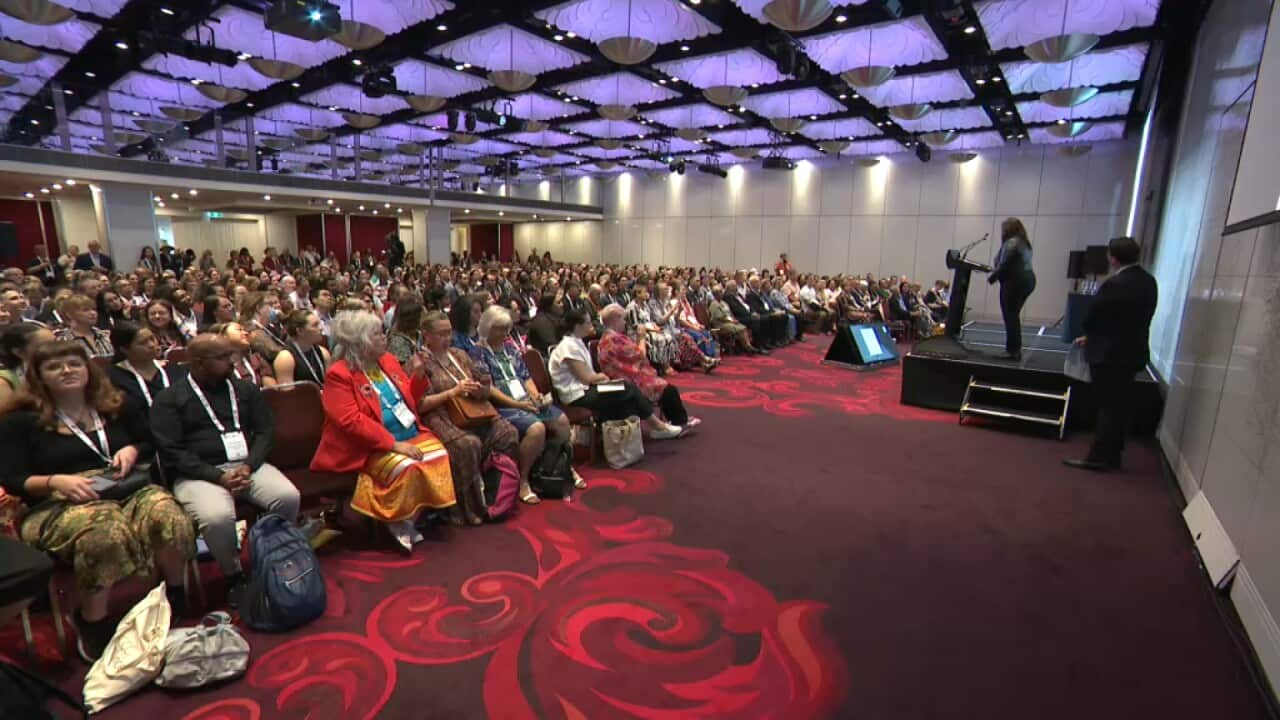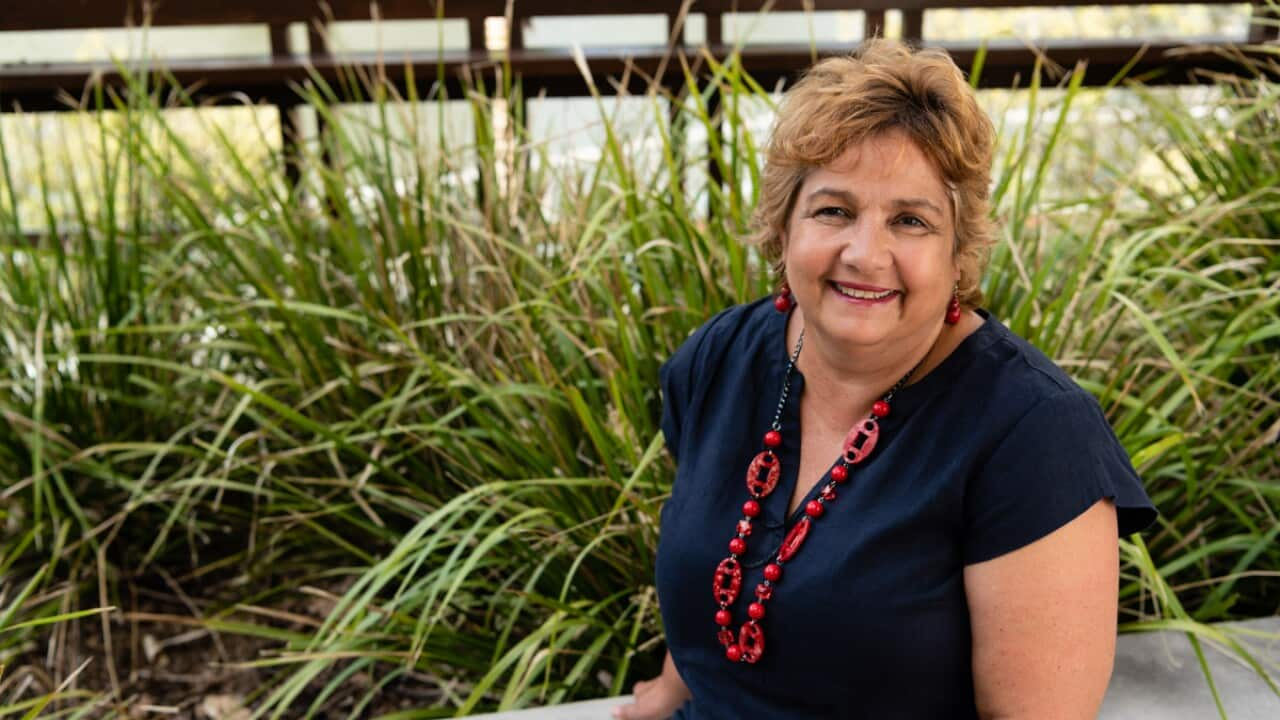Our health can be a sensitive subject; it’s an intensely personal thing, and often private.
But when privacy leads to silence, it can spell trouble.
This is especially true when it comes to bowel cancer screening within Aboriginal and Torres Strait Islander communities.
Only 34.2% of eligible Indigenous Australians participate in screening, compared to 40.0% of their non-Indigenous counterparts.
These are not just statistics; they represent lives and families at risk.
The importance of screening
Bowel cancer is one of the most prevalent cancers in Australia, but it is also one of the most preventable. The key to prevention and successful treatment lies in early detection, which is why screening is crucial.
For those aged 45 to 74, free at-home screening kits are available, with individuals aged 50 and older, receiving kits automatically by post every two years. Despite this accessibility, many eligible individuals remain hesitant to complete the test.
Why the reluctance?
For many, the topic of bowel health carries a burden of shame, fear, and misunderstanding.
Concerns about hygiene and discomfort can lead to avoidance.
However, as Dr. Vinka Barunga, a Worrora woman and advocate for bowel cancer awareness, states, “Doing your screening test every two years can help you stay strong and healthy for yourself, your family, and your community.”
Breaking down barriers
Cultural sensitivities around health discussions often lead to silence and inaction.
Some mob may not know that screening is not only important but can be done easily and privately at home.
Awareness is critical. Many are simply unaware of the risks associated with bowel cancer and the benefits of screening. By fostering open conversations within our communities, we can help dispel myths and provide accurate information about the screening process.
Dr. Joel Wenitong, a Gubbi Gubbi man and long-time bowel cancer screening advocate, emphasises the importance of communication. He encourages everyone to take action.
“It’s important to do the free test when it comes in the mail, or to talk to your health professional if you don’t receive it.
"It helps our mob stay healthy and strong and look after our families.”
A call to action
If you’re between the ages of 45 and 74, it’s time to take action.
If you’re 50 or older, you may already have received a bowel screening kit this year, and have it sitting at home. Don’t let it go unused. Completing the test is an easy way to take charge of your health and ensure your wellbeing for years to come. The screening can be done in the comfort of your home, providing you with privacy and convenience.
If you have questions or feel uncertain about how to complete the test, reach out to your healthcare professional. They are there to support you, and it’s perfectly normal to have questions. Taking this first step can provide peace of mind—not just for you, but for your family as well.
Community conversations: share the knowledge
Encouraging family and friends to participate in bowel cancer screening can create a positive ripple effect. Share knowledge and experiences,. and discuss the importance of taking necessary steps for their health. By making bowel health a topic of conversation, we can reduce stigma and promote a culture of health awareness.
Dr. Vinka Barunga urges the community to view screening as an essential part of caring for one another.
“Healthy Elders equals strong communities,” she says.
This collective approach to health is vital for the wellbeing of our families and future generations.
The benefits of screening
Screening for bowel cancer is not merely about avoiding illness; it’s about ensuring a long, healthy life for yourself and your family. Knowing that you are taking proactive steps towards your health can provide significant reassurance. Early detection through screening can lead to prevention and effective treatment.
Moreover, participating in screening sets a positive example for younger generations, reinforcing the idea that health is a priority. It’s an opportunity to advocate for oneself and encourage others to do the same.
Conclusion: make health a priority
We need to break the silence around bowel cancer screening. If you are eligible, take advantage of the free screening kits and prioritise your health. Talk to your health professional if you have any concerns or if you haven’t received your kit. And importantly, share your experiences with family and friends to foster an environment of support and encouragement.
Healthy individuals lead to strong families, and strong families build resilient communities.
Let’s commit to making bowel cancer screening a priority in our lives.
Remember, every conversation counts, and every test completed can make a difference. Don’t wait—take action for your health today. Your family and community are counting on you.













